The Falklands War
#FalkLand_War #Falkland_Island #Britain #Argentina #Historical #History
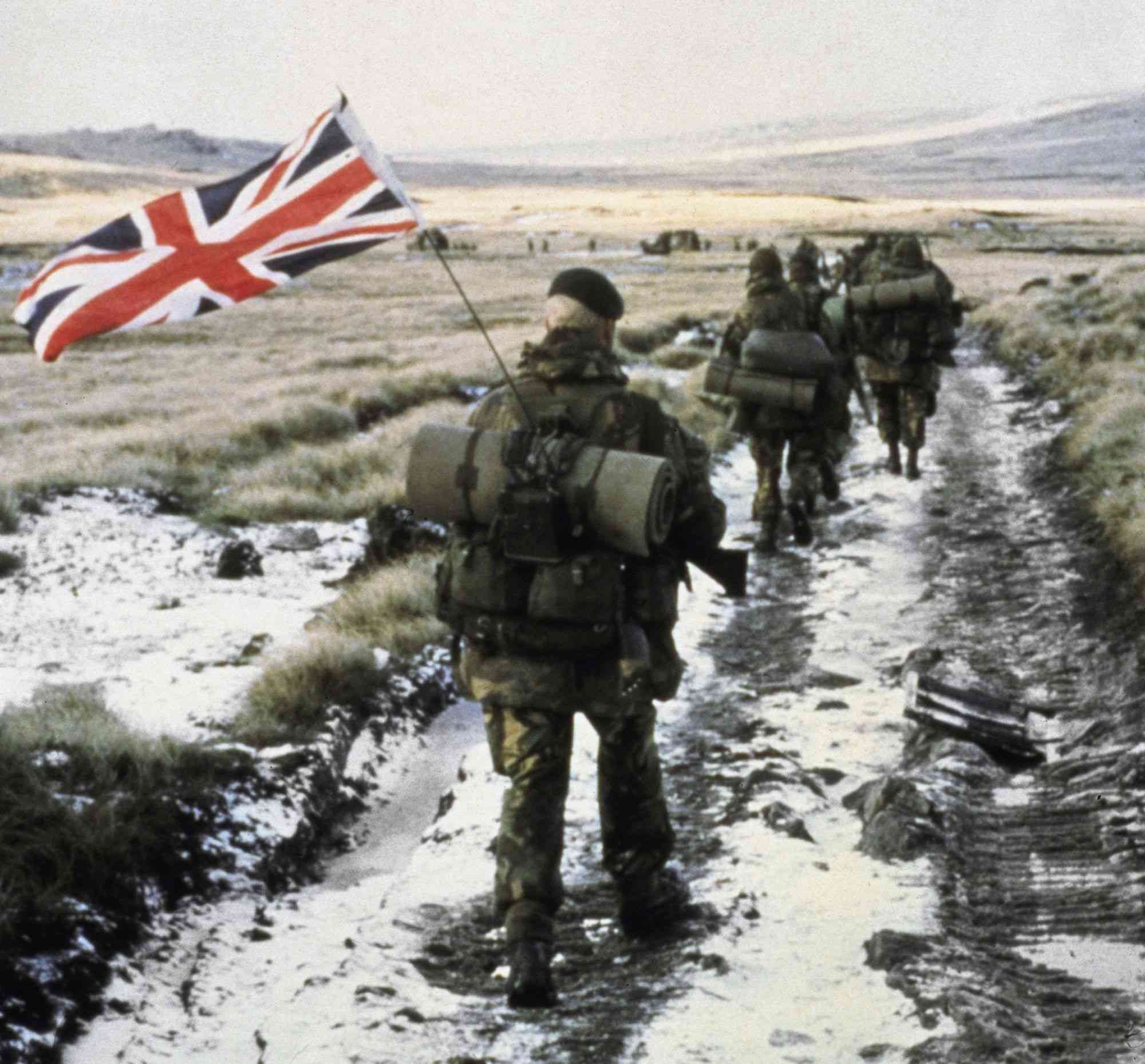
It is a war that erupted in 1982 between Argentina and the United Kingdom. The cause of the war is the protracted conflict over the independence of the Falkland Islands, South Georgia and the South Sandwich Islands, located in the South Atlantic, eastern Argentina.
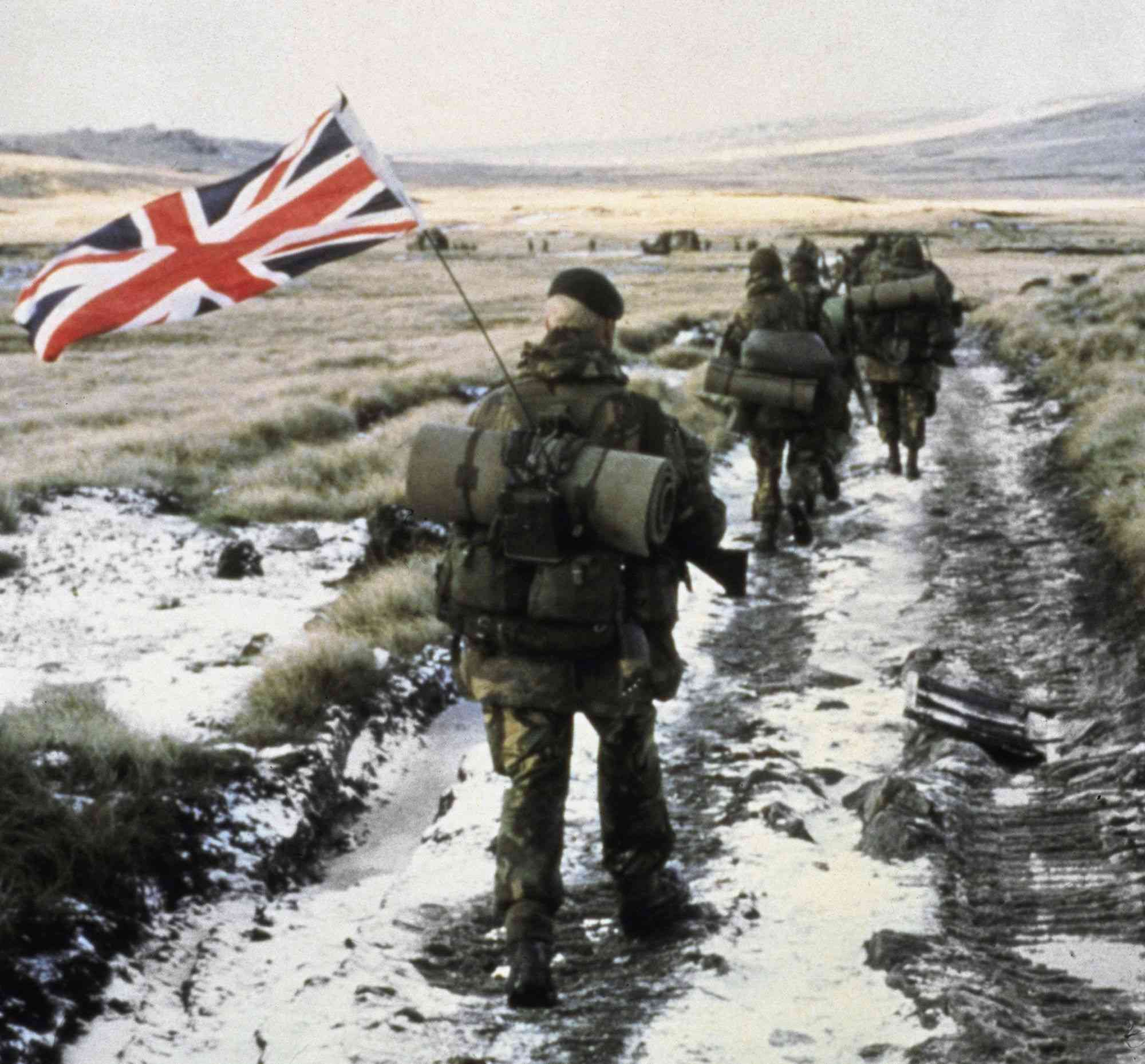
The war began on April 2, 1982 when Argentine forces began occupying the Falkland Islands and South Georgia. The British government sent naval forces to engage the Argentine naval and air forces with the aim of recovering the islands.
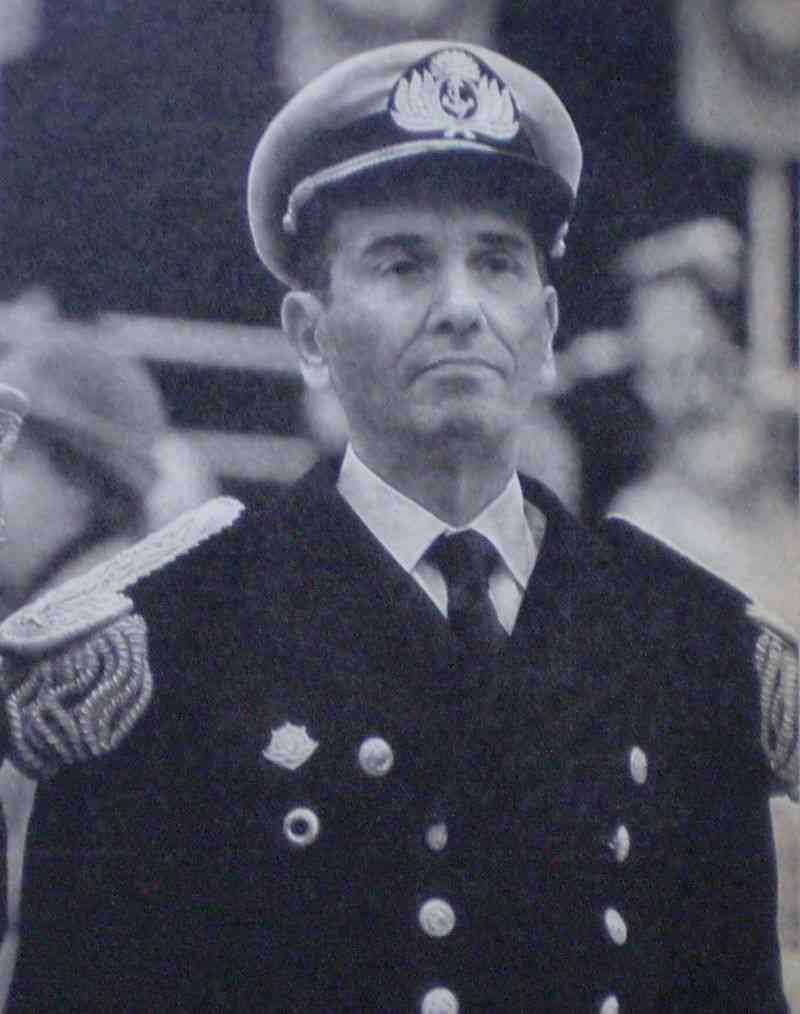
The conflict lasted 74 days and ended with Argentina's surrender on June 14, 1982, and Britain regained control of the islands.
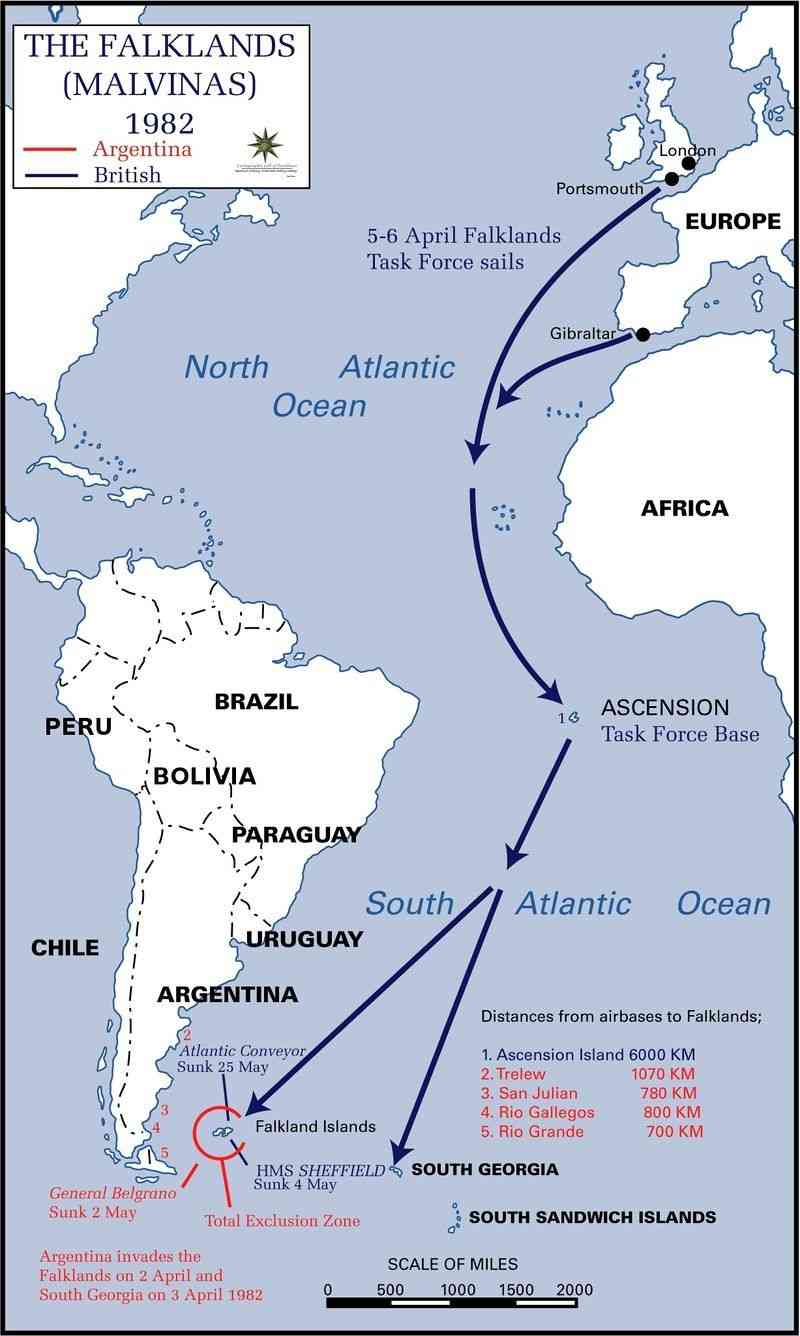
The beginning of the crisis :-
The roots of the crisis that erupted between the United Kingdom and Argentina in April 1982 around the dependency of the Falkland Islands go back hundreds of years. The sources differed about the discovery of the Falkland Islands, while British sources attributed it to Captain John Devis, which indicates that he discovered it by chance in 1592 AD when severe storms washed away his ship Desire towards these islands, other sources attributed it to the Portuguese traveler Ferdinand Magellan, who indicates Until he discovered it during a trip in 1520 AD, he did not set foot in its lands, but the constant and recorded record is that the first to set foot on these islands is one of the English sailors called Captain John Strong. It arrived in 1690 and was dubbed "Falkland", according to Viscount"Falkland", the British Treasurer at the time.
In his memoirs, "John Strong" recorded an accurate description of these islands, which included their geographical nature, climate, the organisms inhabiting them, and all aspects of life in them. However, it can be said that the first French colony to establish a residential colony on the Falkland Islands is Louis Antoin de Bouganvile, who attended it in 1764 and established on East Falkland the first French colony that included a small castle overlooking the entrance to the port Which was called "Port Louis", and the French had discovered the "Falkland" islands during their trips between "Saint-Malo" and "Rio de Plata", and they called these islands "Les Iles Malouine",It is the name that the Spaniards later converted to "Les Ioles Malvinas".
In the year following the establishment of the French colony, the English appeared again, when Captain John Jone Byron came on an expedition to the islands and established on Sounders Island (North West Falkland Island) the first British colony to call its port "Port Egmont". ". Before leaving the islands, Byron left a British garrison of a few individuals in Port Egmont.


Argentina's sovereignty over the islands :-
In the wake of Argentine independence from Spain in 1816 AD, it declared its sovereignty over the Falkland Islands and changed its name to Las Malvinas, and all the islands belonging to its coasts were considered their own properties on the basis that they are the only heirs to the Spanish colonies in that region. Nobody at that time paid any attention to what Argentina really claimed of its rights, and it took several years for this situation before Argentina began a serious attempt to establish its authority over the islands or confirm the rights it claims.
In 1829 CE, the Argentine government appointed Louis Vernet as governor of Las Malvinas and gave him wide powers, including the right to authorize and ban fishing in the waters around the islands. This behavior on the part of Argentina led to her involvement in 1831 A.D. in problems with another power that has recently appeared on the stage, which is the United States of America. The problem started when three US ships defied Vernet’s instructions and did not recognize his authority over the area, and she hunted without permission from him, Vernet arrested her, and sent one of her to Buenos Aires to try her captain and sailors, which angered the United States, and its consul in Buenos Aires, George Slacum, called on the Argentine government to immediately release the three ships and their sailors, and considered this act On the part of Fritte, "one of the acts of piracy that he must be tried for.
The Argentine government did not respond to the request of the United States by its consul, and she replied in response to it, so the United States issued its orders to the CommanderSilas Duncan, commander of the Lexington frigate, sails to the Malvinas Islands to discipline its ruler and avenge the fishing vessels. Immediately upon the arrival of the frigate to the islands, she fired her cannons at the "Vernet" headquarters in Soledad, disassembled it with its bombs and blew up its ammunition depots. The ship's sailors also raided the presidential palace, plundered all its contents, captured seven of the "Vernet" agents and took them handcuffs to the American frigate that sailed them. On its way back, the frigate wandered onto a port Montevideo released the seven prisoners, but the Argentine government revolted for the violation of its sovereignty and demanded that the United States compensate for the damage caused to its property on the island, but the United States did not pay attention to those demands that the Argentine government had been demanding of it for fifty-three years.

The British return to the Islands :-
Argentina’s weakness tempted the British government to restore its sovereignty over the islands, and entrusted that mission to Captain John Anslow, the commander of the battleship “Cleo Clio”, who reached the islands in 1833 AD. The ship did not receive any resistance from the island’s garrison consisting of fifty Argentine soldiers who immediately complied with orders The barge when I ordered them to surrender, the British flag was raised again on the Falkland Islands. Argentina sent a protest to the British government and demanded the evacuation of its forces from the islands, and Lord Palmerston overlooked the response to the Argentine protest, and after six months he sent a response from the British government, confirming that the Falkland Islands It is the property of the British Crown and Argentina has no right to protest against it.
Until 1841 AD, the islands remained managed by a military governor appointed by the British government as Royal Navy officers, but after this date the islands were placed under a civil administration that settled in "Port Louis". In the year 1845 AD, the executive and legislative councils were formed, and the constitution was prepared in the year 1877 CE. From that date the internal and external political conditions of the islands settled until the First World War, when the islands waters witnessed several battles between the German and British fleets, which ended in the victory of the latter. During World War II, Britain took from the port of "Stanley" a naval base for its fleet in the South Atlantic, in which it established a radio station of strategic importance.
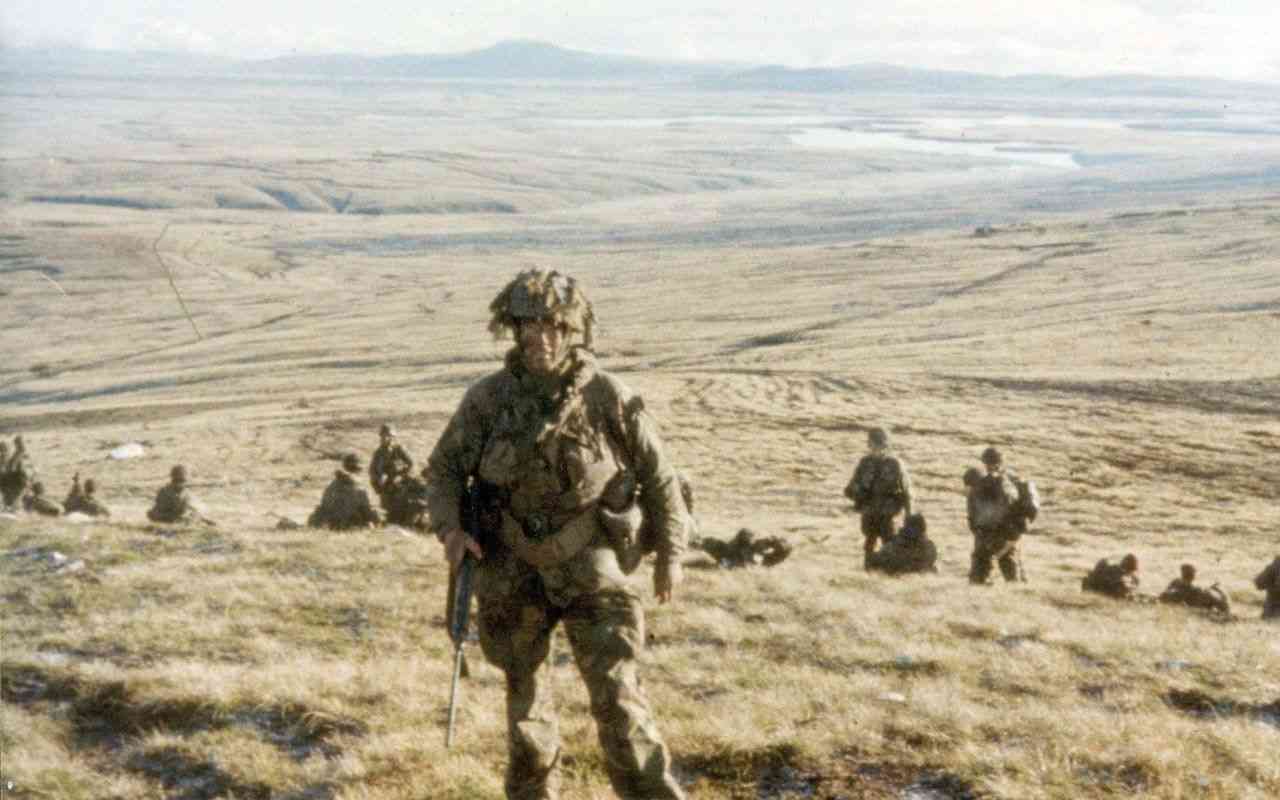
Havana Conference in 1942 :-
Argentina continued to demand the restoration of the islands, and in 1940 AD it obtained the support of the conference of the American states that was held in "Havana", where the conference states recognized their right to restore the islands, as "Chile" also requested to annex all the lands between the longitudes 35 and 90 degrees west , Including the South Shetlands, but Britain vehemently opposed this and turned to the International Court of Justice in The Hague. In March 1947, that court refused to hear the case due to opposition from both Chile and Argentina. And in 1958, The problem was presented to the United Nations, but Britain protested this, on the basis that deciding on this problem falls within the jurisdiction of the International Court of Justice in The Hague. In 1959, Britain, Argentina and Chile agreed to make the area south of 60 degrees south latitude, a demilitarized zone. And the agreement included a ban on the movement of warships south of this line.
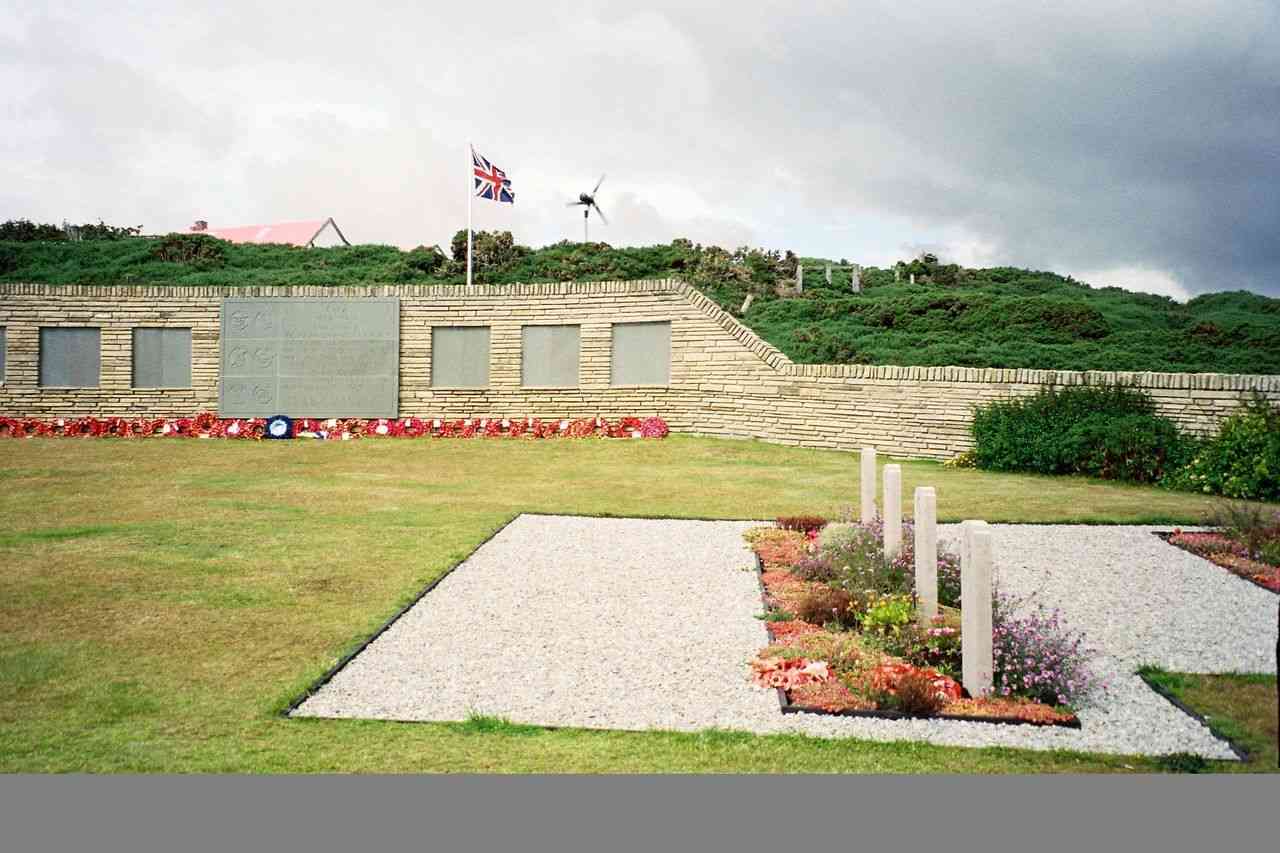
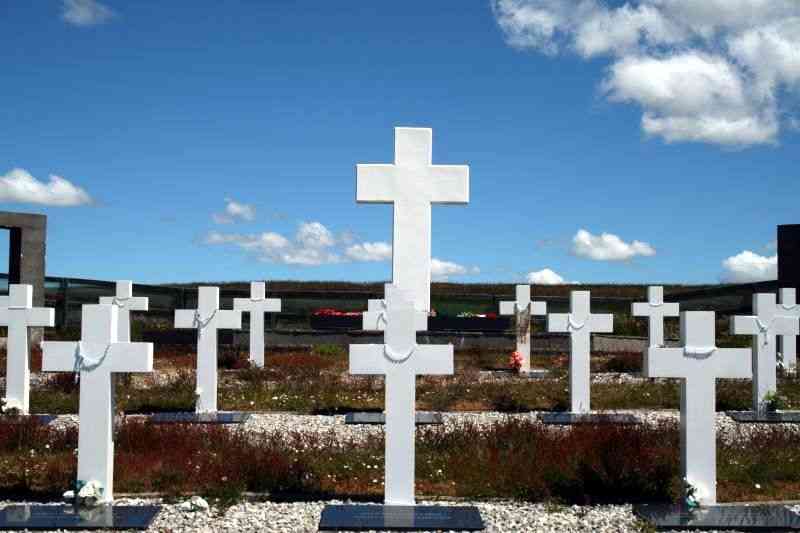
Negotiations between Britain and Argentina :-
Negotiations took place in 1971 between Britain and Argentina in "Buenos Aires" in order to reach a formula linking the "Falkland" islands with Argentina. Indeed, the two countries reached an agreement that would achieve the gradual integration of the islanders with Argentina, and the agreement included the establishment of marine and air transport lines, and the establishment of postal and telegraph services Medical and cultural. But Britain stipulated that, to complete this agreement, the consent of the islanders would be obtained, which eventually led to strained relations again between the two countries.
The situation continued to deteriorate until it reached its climax during the Byron government. In 1975, when Britain sent a trade mission to the islands following the emergence of petroleum evidence, which angered the Argentine government and withdrew its ambassador in "London," likewise the British government withdrew its ambassador from "Buenos Aires", while secretly sending a naval force to Islands to secure it in anticipation of any attempt by the Argentine government to seize it by force. After a while, attempts were made to resume negotiations between the two countries, but they yielded little results except for the return of diplomatic relations between them in 1979. In November 1980, the British Foreign Secretary proposed to the Argentine government that Britain recognize Argentine sovereignty over the islands.
In return for Argentina to abandon it for a period of ninety years, and Argentina accepted this proposal, but the islanders rejected Argentine sovereignty, and since Britain linked its approval to the acceptance of the islanders for the proposed solution, negotiations were stalled and the Argentine position became more stringent, especially after General Leopoldo Galleria assumed the presidency The state and its declaration that Argentina will not accept that a part of its territory be occupied, and so the situation once again deteriorated.
Second: The conflict between Britain and Argentina escalated towards war :-
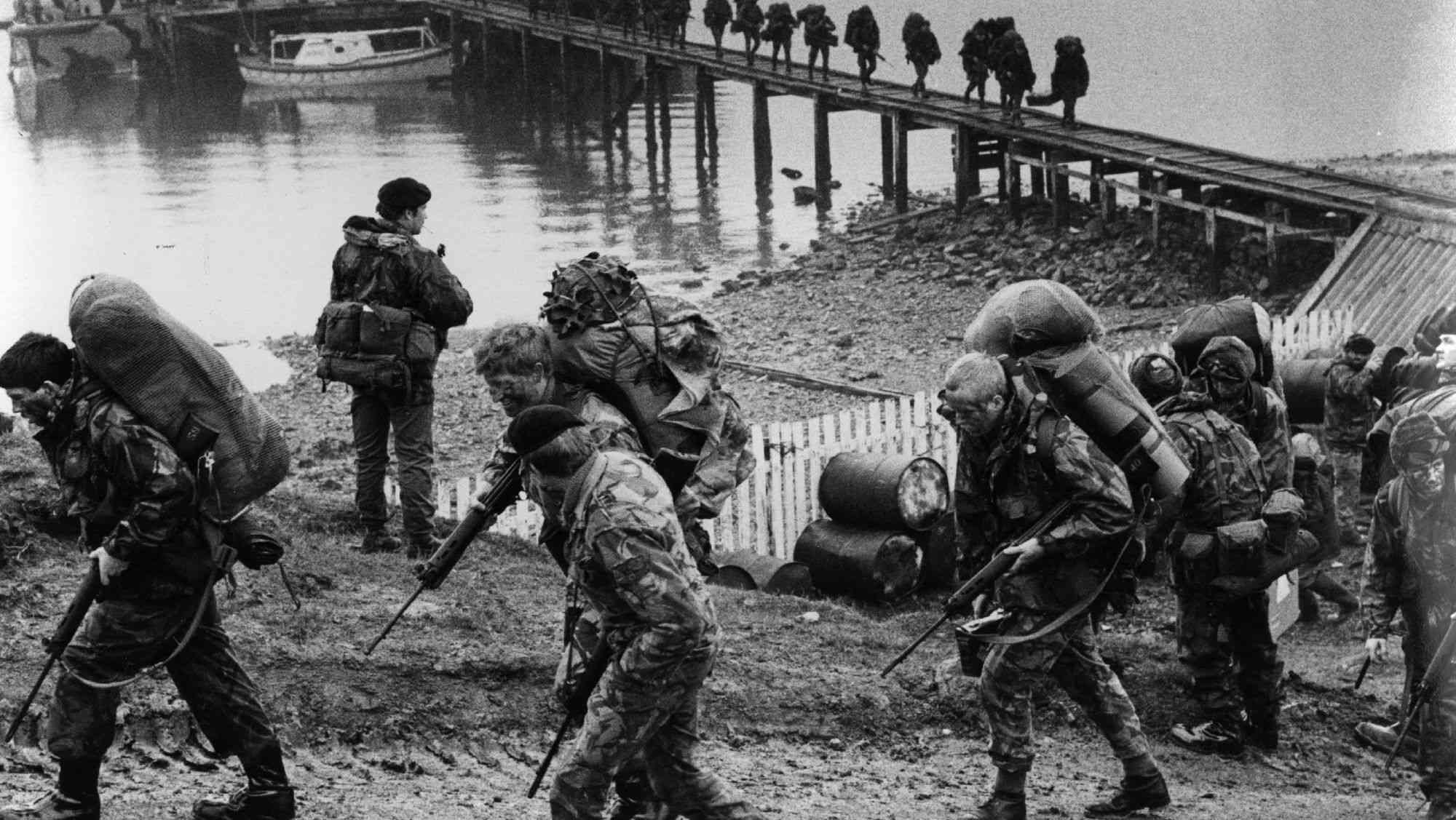
Developments of the situation on the Argentine side The escalation of the conflict between Britain and Argentina over the Falkland Islands coincided with the sixth year of the rule of the military elite for the seventh coups that have ravaged Argentina since 1930, and that the country suffered during their rule from the Poor Economic situation of the country that peaked in 1981. In December of the same year, General "Gtieri Galtieri" assumed the presidency of the state to succeed General "Roberto Viola", who gave up his position due to his poor health.
Immediately upon his assumption of power, "Galteri" announced that 1982 would be the year of "Malvinas" (Falkland Islands), and it was believed that "Galteri" and his colleague "Admiral Jorge Anaya" The Naval Commander and a member of the Governing Council agreed that the Argentine navy would transfer a force to occupy the islands between July and October 1982 in the event of failure of the negotiations that were to resume with the British side during February of that year. On December 5, 1981, Admiral Anaya released He instructed the head of the Naval Operations Division to prepare a plan to invade the Falkland Islands in cooperation with land and naval forces, bearing in mind that the primary burden of the operation would rest with the navy, and that the operation would be planned for mid-September. On the ninth of March, the basic plan for the operation was ready for ratification, and according to that plan the navy and its infantry had to carry out the basic justification process accompanied by a small ground detachment, with one of the army infantry brigades taking responsibility after overcoming the British garrison in the islands.
Argentine invasion and occupation of the islands :-
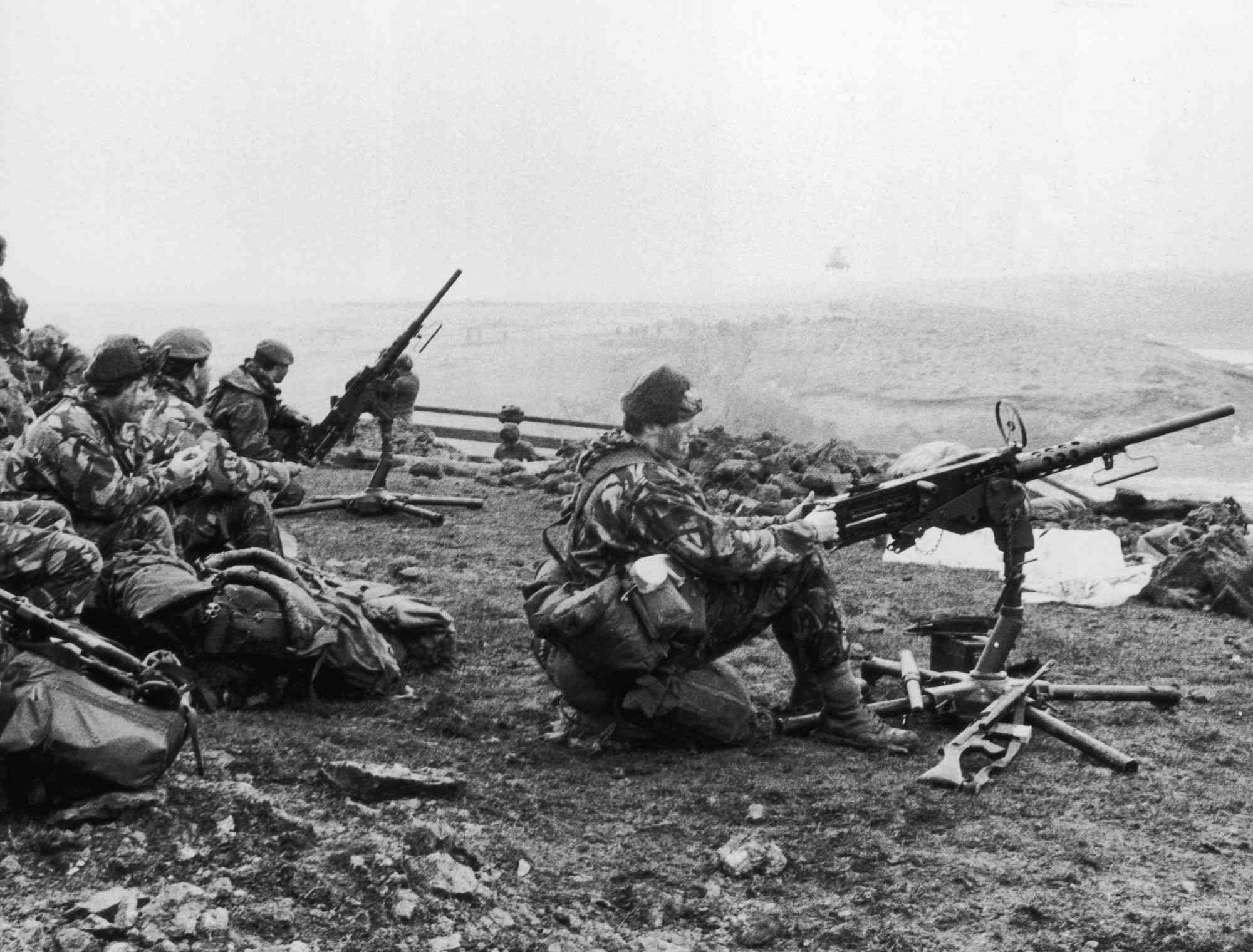
The Argentine invasion of the Falkland Islands aimed at regaining control of these islands and their annexation to Argentina on the one hand, and diverting the attention of the Argentine people from the economic crises and increasing unemployment rates and the deterioration of the value of the currency on the other hand, and on that the issue of the islands represented a national outlet to restore people's confidence in the system The ruling military, who portrayed the process as a courageous national step to restore the usurped rights of Argentina, in addition to what was raised at the time about the discovery of petroleum phenomena in those islands that suggest that they are rich in oil, at a time when all reports related to the petroleum industries in Argentina indicated the need to work Rapid development in order to discover new oil fields, Because most of the fields in the central and northern regions of the country are on the way to depletion quickly, and failure to find new reserves will put Argentina in a serious economic deadlock.
On the other hand, the ruling military council's appreciation of the surrounding circumstances was encouraging for the invasion process. In addition to the previous internal Argentine factors, the council believed that the United States, and if it was an ally of Britain within the framework of "NATO", was keen to strengthen and strengthen its ties with South American countries, which drives The American administration to take a balanced position between the two sides if the war between them ignites, The Military Council also estimated that the geographical distance of the islands from the United Kingdom and the absence of reliable British forces in the region provides Argentina with an opportunity to seize the islands and consolidate their conditions there and imposes a new reality that makes the British government hesitate a lot before embarking on an army adventure that is not guaranteed to restore its control over those islands In light of the difficult economic conditions that Britain was suffering from, which would further increase any military operations from its distress.
Britain entered the war in the eighty-two years because of the Falklands on the coast of Argentina. Britain fought the Argentine army and stormed warplanes and a naval fleet of thirty-six warships. Is this war useless? Why did the peace negotiations fail? What were the historical motives and causes that led to the war? And why did the soldiers on both sides turn into losers? April 4th of the year eighty-two is the modst difficult day in the history of the British navy since the Second World War, without warning or on the radar screen an Argentine fighter approached the British destroyer Shaffield, there was not enough time to shoot down the missile launched by the Argentine fighter, yet he was confused The crew of the ship did nothing.
The Argentine army occupied the Falkland Islands, but they never faced any confrontation. Argentina regained control of the islands after one hundred and forty-nine years of British occupation. In the Argentine capital, everyone celebrated their blow to the British army as if they were celebrating winning the World Cup, but British Prime Minister Margaret Thatcher showed her determination. The negotiations played a secondary role, so the fleet was moved, and after three days of occupation the British government sent thirty-six warships carrying one Twenty fighters, the men thought they would leave for two days, but one of the Hernes aircraft carrier named Nick Ronalds was lost as a diver in the British navy.
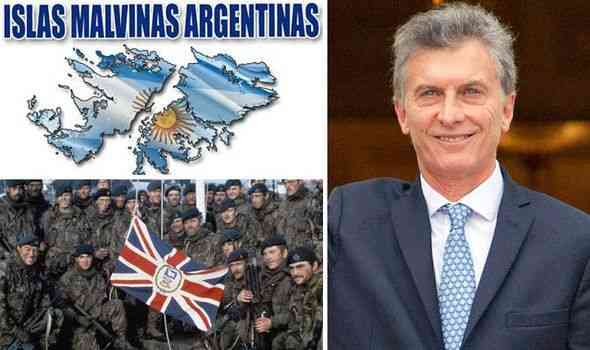
On the first of May of the year eighty-two received the British fleet instructions from London to attack the Falkland Islands, an air attack was planned to compel the Argentine Gnu to surrender, fear aroused among the Argentines, but bombs and missiles missed their targets, there is still the possibility to resolve the conflict peacefully, but negotiations Not a Margaret Thatcher favorite.
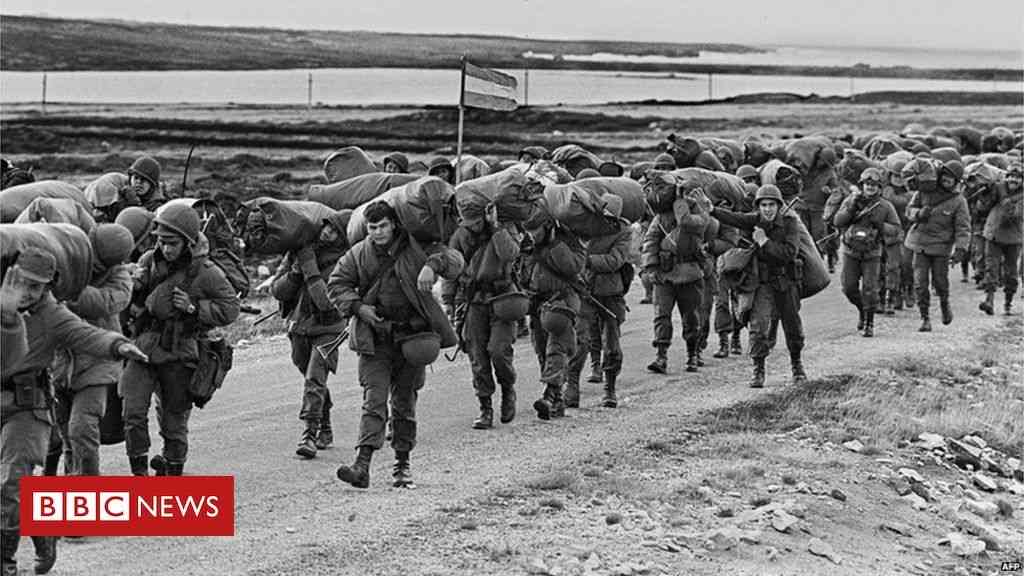
When the conflict started, the French withdrew and neither the British nor the French believed that we would launch such missiles. They misjudged matters for us, and they forgot that we are first-class engineers. These engineers were able to equip such missiles, five Argentine fighters took off to attack the British fleet, but the pilots had not done such a task before .
In order not to be discovered they flew at a low altitude, and sometimes not more than sixteen feet above the surface of the water, the goal is to attack the fleet The British and causing as much damage as possible, but the radar screens on board the battleship "Glasgow", Sheffield's sister, recorded an abnormal movement, No one knew if it was real or a false alarm, because the radar could give a false alarm if the waves used were low-frequency, but the radar aboard Sheffield does not move, and suddenly the crew of the "Glasgow" absorbed what is happening, it is an Argentinian bomber. On May 2, 1980, soldiers were asked to land a secret naval landing, the ground forces had to liberate the islands, they landed on land ninety miles from the Argentine army, and British helicopters were asked to destroy any Argentine plane flying in the air.
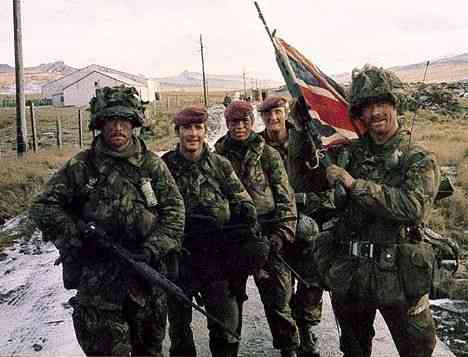
One day, eight pilots flew from our unit, and only four of them returned, when I got off the plane that day, one of the officers came to me and tied me to his chest without saying anything, he took me to the officers room and silently, he did not ask about something we knew at the time that the other four did not return.
Fifty Argentine aircraft did not return to the base, when the British infrared radar circle closed on its target, the pilot could not escape from the missile even if he carried out a dangerous maneuver, and while the series of killings continued, "Thatcher" stuck to its opinion, Britain used its military striking forces on the pretext of freedom of Europe The decisive battle took place in the Gus Green area in the southern islands, British soldiers advanced toward enemy positions, the five thousand British soldiers confronted this number of Argentine forces, seven hundred and twelve Argentine soldiers fell, while Britain lost two hundred and fifty-six, the battle lasted five days and five nights, Britain regained control of the Falklands again, ended The war was primarily caused by an Argentine commander who bravely refused military orders.
-EnRi

